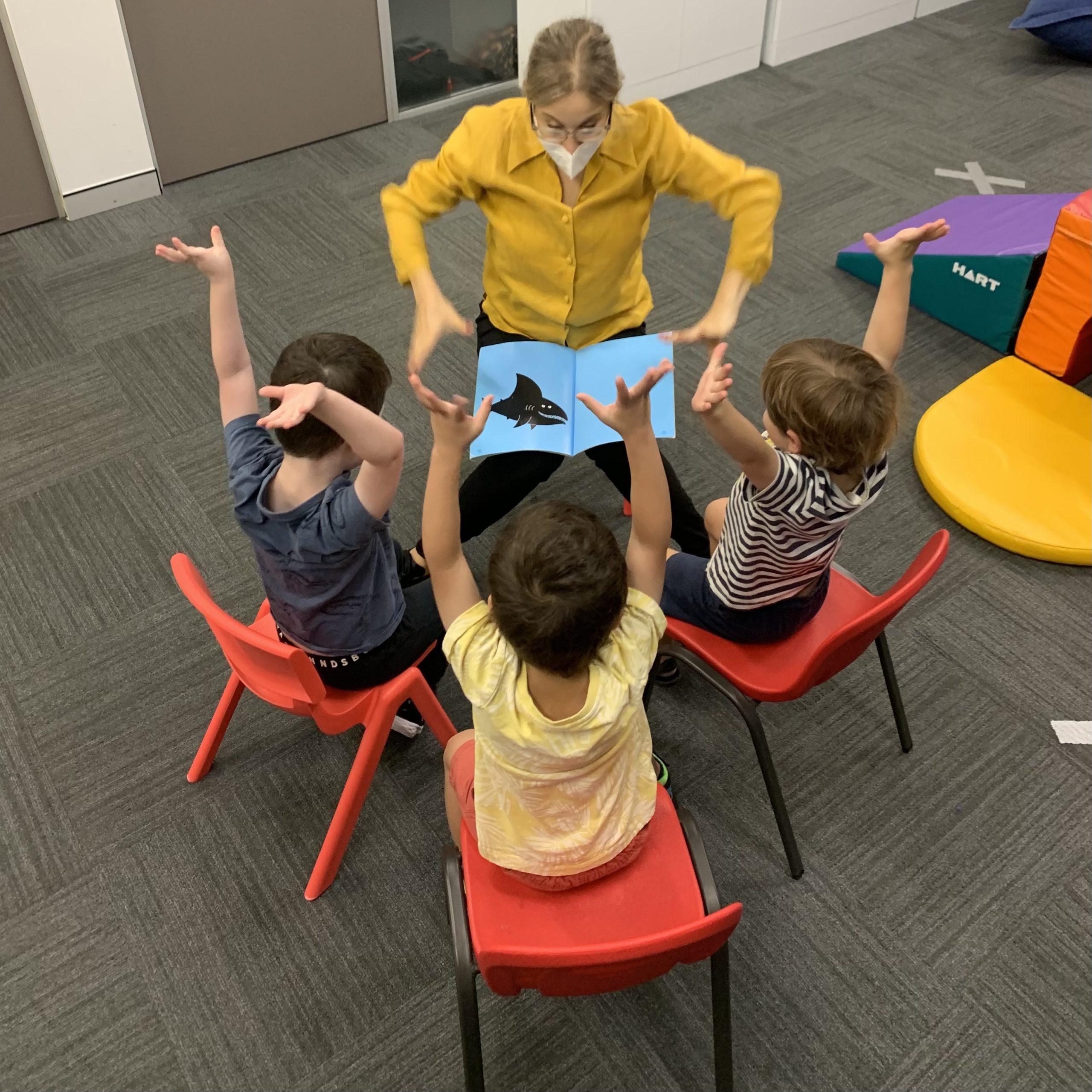
How Many Hours of Therapy for Autism?
This is a question parents ask themselves and they constantly ask us. When a child is diagnosed with autism “How many hours of therapy should my child with autism do?”. In our Sydney clinics, parents ask this question every day. Let’s look at the many things that parents consider when planning the number of hours.
Understanding the Recommendations
Research on early intervention for autism often recommends 10 to 20 hours per week. Some studies even suggest over 30 hours. These recommendations can be concerning for many parents. They wonder how many hours their child should spend in their early intervention program.
Early Intervention and Better Outcomes
Research supports the fact that early intervention leads to better outcomes for children with autism, with the earlier the intervention starts, the better the results. Much of the early research focused on applied behavioural analysis (ABA), using very intensive hours of intervention, initially recommending 40 hours per week. Over time, therapists, families, and researchers realised that 40 hours per week was not always necessary or achievable.
Challenges of Intensive Therapy Hours
Managing 40 hours of therapy per week is physically demanding. It leaves little time for essential activities like meals, sleep, and play. Some children struggle without a variety of activities. Families often feel restricted as their lives revolve around therapy. Additionally, the cost of 40 hours per week, even with junior therapists, is substantial. Despite NDIS funding, most families cannot afford this level of intensity.
Research on Reduced Therapy Hours
As play-based therapy approaches became more common, research examined fewer hours of therapy per week. One notable research project compared 15 hours of ABA and Early Start Denver Model (ESDM) therapy to 25 hours of both therapies. The researchers assessed improvements in autism symptom severity, expressive communication, receptive language, and nonverbal ability. Surprisingly, there was no significant difference between the outcomes of the four groups, indicating that higher hours of intervention did not necessarily lead to better results.
Practical Recommendations for Therapy Hours
Based on this research, we can conclude that 15 hours of intervention can yield the same results as 25 hours. However, the research also showed that children rarely achieved the intended hours, with those in the 25-hour group averaging closer to 16-17 hours per week, and those in the 15-hour group averaging 8 hours per week.
Guiding Families in Our Clinic
Using both research data and our observations in the clinic, we aim for 5 to 6 hours of direct intervention with a therapist each week. This typically includes two 1-hour individual therapy sessions and one 3-hour group therapy session. Ideally, each child would also attend a weekly daycare or preschool session. Parent training programs and the work parents do at home are also included as intervention hours. Additionally, an inclusion support worker trained to follow the child’s individualised education plan can significantly increase intervention hours. The number of hours of intervention changes when children start school. This is because there is a whole set of skills we work on when children are getting ready for school.
Conclusion
The total hours of intervention include all the time anyone works with the child under trained guidance to address the child’s goals, not just the hours spent with a therapist. This approach is more cost-effective, and most families can use their NDIS funding to cover this level of intervention. At OneOnOne Children’s Therapy, we tailor our recommendations to ensure each child receives the optimal amount of early intervention for their unique needs. We use the Early Start Denver Model (ESDM) as out primary therapy for young children with autism. Our specialists, including Speech Pathologists, Occupational Therapists, Certified ESDM Therapists, and Psychologists, work together to provide comprehensive support tailored to your child’s needs.
What To Do Next
If you’re seeking guidance on early intervention for your child with autism, our dedicated team at OneOnOne Children’s Therapy in Sydney is here to help. Contact us today to schedule a consultation and discover how we can help your child achieve their fullest potential through a balanced and effective intervention program. We can answer all your questions! Let’s work together to create a brighter future for your child.
If you would like to learn more about the funding options for autism therapy, this blog looks at Medicare rebates, NDIS and Inclusion Support Funding.
